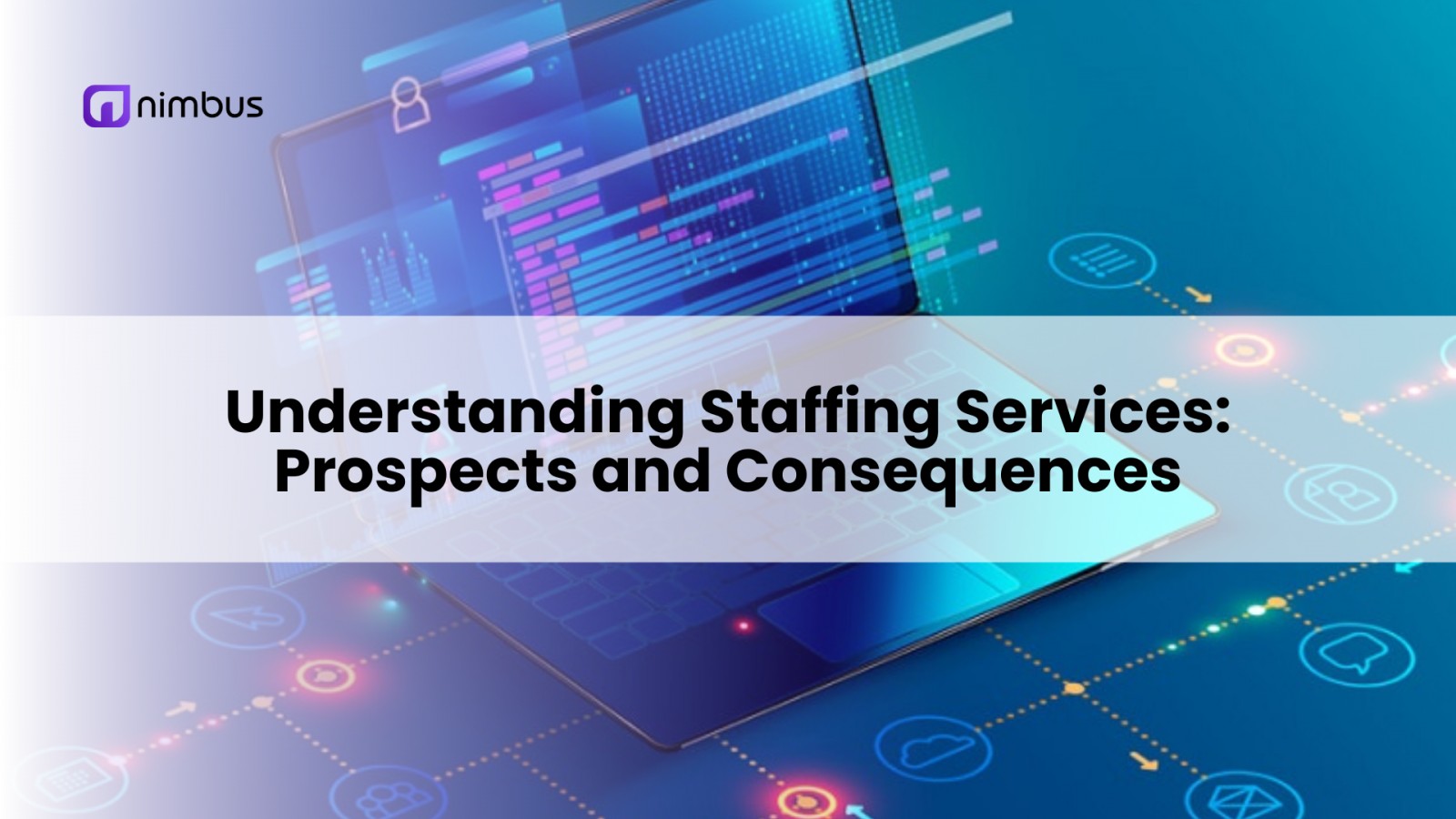What are Staffing Services?
Staffing services involve recruiting and supplying personnel to organizations for various roles, from temporary assignments to permanent positions. These services are offered by staffing agencies, which act as intermediaries between job seekers and employers. Staffing agencies handle the recruitment, vetting, and placement processes, providing businesses with a streamlined solution for their staffing needs.
Benefits of Staffing Services
1. Access to a Diverse Talent Pool
Staffing agencies have extensive networks and databases of candidates, providing businesses with access to a diverse and qualified talent pool. This helps in quickly finding suitable candidates for various roles.
2. Time and Cost Efficiency
Staffing services save businesses time and money by handling the recruitment process, including advertising, screening, interviewing, and background checks. This allows companies to focus on their core activities.
3. Flexibility and Scalability
Staffing services offer flexibility to scale the workforce up or down based on business needs. This is particularly beneficial for managing seasonal demands, special projects, or unexpected workload increases.
4. Reduced Risk
Using staffing services can reduce the risk associated with hiring, such as bad hires or compliance issues. Staffing agencies often handle employment-related liabilities, including payroll, taxes, and worker's compensation.
5. Expertise and Industry Knowledge
Staffing agencies bring expertise in recruitment and industry-specific knowledge, ensuring that businesses find candidates with the right skills and experience. They also stay updated on employment trends and regulations.
Challenges of Staffing Services
1. Integration and Culture Fit Integrating temporary or contract
workers into the existing workforce and ensuring they align with the company culture can be challenging. Effective onboarding and training are essential to address this.
2. Communication and Coordination
Maintaining clear communication and coordination between the staffing agency, the business, and the temporary employees is crucial to ensure smooth operations and meet business objectives.
Best Practices for Using Staffing Services
1. Define Your Needs
Clearly define your staffing needs, including the skills, experience, and duration required for the role. This helps the staffing agency to identify suitable candidates quickly.
2. Choose the Vendor
Select a staffing vendor with a strong reputation, industry expertise, and a proven track record of successful placements. Consider seeking recommendations and reviewing client testimonials.
3. Establish Clear Communication
Maintain open and transparent communication with the staffing agency to ensure alignment on job requirements, expectations, and timelines.
4. Provide Thorough Onboarding
Provide comprehensive onboarding and training for temporary or contract workers to integrate them effectively into your team and ensure they understand their roles and responsibilities.
5. Monitor Performance
Regularly monitor the performance of temporary or contract workers and provide feedback to the staffing agency. This helps in maintaining quality and making necessary adjustments.
Conclusion
Staffing services offer valuable solutions for businesses seeking to manage their workforce efficiently and flexibly. By leveraging the expertise and resources of staffing agencies, companies can access a diverse talent pool, save time and costs, and reduce hiring risks. However, it is essential to choose the right agency, define clear needs, and maintain effective communication to maximize the benefits of staffing services. With the right approach, staffing services can be a powerful tool in achieving business success and maintaining a competitive edge in the market.
